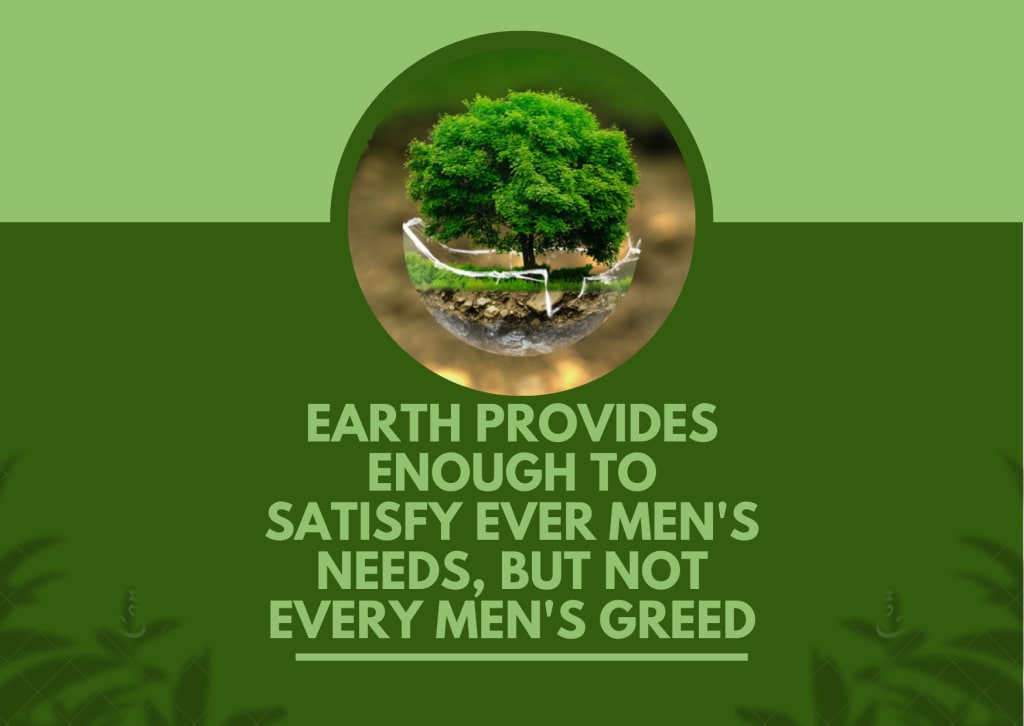World Environment ( Climate ) Day
Intro (150 words), (History 250) words, (Objectives 300 words), (WED Themes and Initiatives 400 words),

Title: World Environment Day: A Global Call to Action for a Sustainable Future
Introduction (150 words):
World Environment Day (WED) is celebrated annually on June 5th to raise awareness and encourage positive environmental action. Established by the United Nations in 1972, WED serves as a global platform to address pressing environmental issues, promote sustainable practices, and foster a sense of responsibility towards our planet. With the current state of the environment presenting numerous challenges, WED reminds us of the urgent need to protect and restore our ecosystems for the well-being of future generations. This essay will delve into the significance of World Environment Day, its history, objectives, and the role individuals, communities, governments, and international organizations play in fostering a sustainable future.
I. History of World Environment Day (250 words):
The origins of World Environment Day can be traced back to the United Nations Conference on the Human Environment held in Stockholm, Sweden, in 1972. The conference emphasized the need for global cooperation to address environmental concerns and led to the establishment of the United Nations Environment Programme (UNEP). As part of its efforts to raise awareness, UNEP designated June 5th as World Environment Day, a day dedicated to advocating for environmental sustainability. Since then, WED has grown into a global movement celebrated in over 100 countries, with different themes each year.
II. Objectives of World Environment Day (300 words):
World Environment Day aims to raise awareness, promote sustainable practices, and mobilize individuals, organizations, and governments to take concrete actions towards environmental conservation. The key objectives of WED include:
1. Awareness and Education: WED serves as a platform to inform and educate people about pressing environmental issues such as climate change, biodiversity loss, deforestation, pollution, and resource depletion. It encourages individuals to understand the interdependence between human activities and the natural world.
2. Policy Advocacy: WED highlights the importance of effective environmental policies and calls on governments to develop and implement sustainable strategies and regulations. It urges policymakers to prioritize environmental concerns in their decision-making processes.
3. Community Engagement: WED fosters community participation by encouraging individuals, schools, businesses, and NGOs to organize and engage in environmental activities such as tree planting, beach cleanups, recycling drives, and awareness campaigns. It empowers local communities to take ownership of their environment.
4. Global Collaboration: WED promotes international cooperation to address transboundary environmental challenges. It provides a platform for countries to share experiences, knowledge, and best practices in sustainable development.
III. WED Themes and Initiatives (400 words):
Each year, World Environment Day revolves around a specific theme that highlights a pressing environmental issue. The theme serves as a rallying call to action and guides activities and discussions throughout the year. Some notable themes and initiatives from recent years include:
1. Biodiversity (2020): The theme highlighted the urgent need to protect and conserve biodiversity, which is crucial for maintaining the balance of ecosystems, supporting food security, and providing livelihoods for millions of people.
2. Beat Plastic Pollution (2018): This campaign aimed to raise awareness about the detrimental impacts of single-use plastic on the environment and encouraged individuals and businesses to reduce plastic waste and promote sustainable alternatives.
3. Air Pollution (2019): The focus was on raising awareness about the health risks associated with air pollution and advocating for measures to reduce emissions from industrial processes, transportation, and energy production.
4. Ecosystem Restoration (2021): This theme emphasized the importance of restoring degraded ecosystems to combat climate change, enhance biodiversity, and improve human well-being.
These themes are complemented by various initiatives such as the "Clean Seas Campaign" and the "Plant a Tree" campaign, which encourage individuals and organizations to take specific actions to address environmental challenges.
About the Creator
Muhammad Saad Hassan
Welcome To Learnology!
Enjoyed the story? Support the Creator.
Subscribe for free to receive all their stories in your feed. You could also pledge your support or give them a one-off tip, letting them know you appreciate their work.






Comments
There are no comments for this story
Be the first to respond and start the conversation.